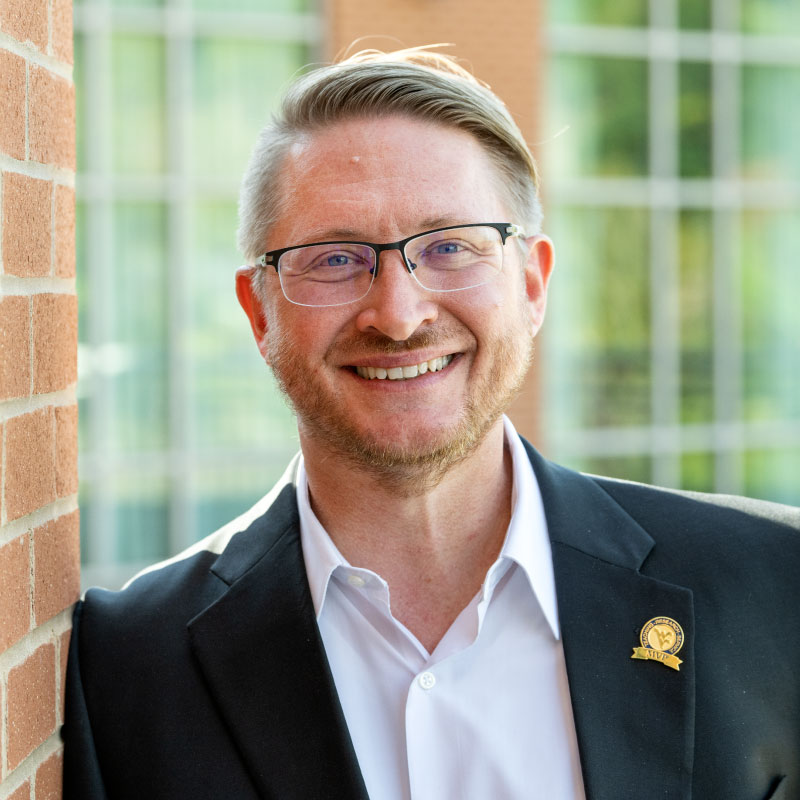
304-293-6032 Samuel.Taylor@mail.wvu.edu Chestnut Ridge Research Building, P.O. Box 6229, 866 Chestnut Ridge Road, Ste. 309, Morgantown, WV 26506-6229
Director, WVU Institute for Sustainability and Energy Research
Expertise
Sam Taylor is the director of the WVU Institute for Sustainability and Energy Research. He is focused on development of major research investments and initiatives that can leverage the cross-cutting strengths and partnerships of WVU to high-impact research outcomes. Through those efforts, he is engaged in development of faculty research support and program development in energy and economic sustainability. He has a technical focus in large-scale grid, carbon management, natural gas production and utilization, transportation energy utilization and energy geosciences. Taylor has strong interests in economic and workforce development issues, especially as they relate to energy development and technological change in the region.
Taylor came to WVU in 2011 from the U.S. Department of Energy, and has worked in the development, management and oversight of renewable and non-renewable energy research activities since 2001. Prior to his appointment as director of WISER on July 1, 2023, he served as assistant director of Strategic Partnerships and Technology. He has been responsible for large energy research projects including the U.S.-China Clean Energy Research Center, and the Marcellus Shale Energy and Environment Laboratory. He has directly managed research, development, and deployment programs totaling more than $1 billion for both WVU and DOE.
He brings significant expertise in the technological and economic aspects of advanced energy technologies, federal funding capture and proposal development, federal grants compliance and operations, and large and complex project and program development and execution.
Education
Taylor received a master's in mechanical engineering in 2001 from West Virginia University and a doctorate in resource economics in 2020. His dissertation focuses on the impacts of population losses in rural regions.